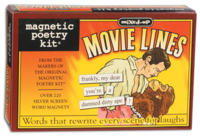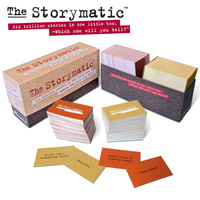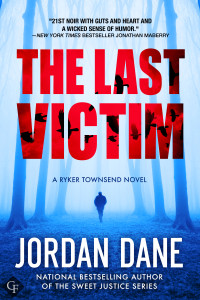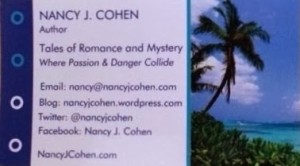
The beginning is the most important part of the work. –Plato
* * *
Happy New Year! I’m honored to be the first to welcome TKZers to 2024! I hope you had a wonderful holiday season, filled with family, food, and fun, Now that the turkey and dressing have all been eaten, the relatives and friends have left, and the decorations have been put away, let’s get back to business.
January 1 is a clear-cut marker, a notch in time for new beginnings. It’s the start of another trip around the sun. Another 365—366 this year—opportunities to imprint our written work on the human experience. So, naturally, we think about how we can best use our time in this new year. Many people choose to make resolutions.
resolution — noun — the act of resolving or determining upon an action, course of action, method, procedure, etc.
Since this first TKZ post of 2024 landed squarely on January 1, I thought it would be fun to see what resolutions are trending this year.
* * *
The following list of the most popular resolutions for 2024 was compiled at forbes.com. The list shows the percentage of people who mentioned each one.
- Improved fitness (48%)
- Improved finances (38%)
- Improved mental health (36%)
- Lose weight (34%)
- Improved diet (32%)
Less popular resolutions include traveling more (6%), meditating regularly (5%), drinking less alcohol (3%) and performing better at work (3%).
It’s interesting, isn’t it, that the five major resolutions all concerned health or money.
* * *
Although the Forbes list contains items with admirable intentions, I was more interested in resolutions targeted specifically at authors. So I looked around some more and found several sites that suggested resolutions for writers in 2024. I’ve included the major points from those sites here, but you should visit the sites to get more detail for the individual items.
This list comes from thgmwriters.com:
- Read more
- Write more
- Write to the audience
- Paint a picture
- Write simpler
- Get an editor
- Share your writings
- Call yourself a “writer”
- Start making money
- Remain true to yourself
Jeff Goins had a 17-item list:
- Measure activity, not results.
- Tell the truth
- Write what scares you.
- Don’t take yourself so seriously.
- Try a new genre.
- Write when you don’t feel like it.
- Do your research.
- Rewrite until it hurts.
- Shut up.
- Read widely.
- Fast from social media.
- Break a rule.
- Publish something
- Make money.
- Start a blog.
- Meet other writers
- Quit stalling and get writing!
Did you notice that both lists of resolutions for writers include truth and money? I don’t know what conclusion to draw from that, but it’s interesting.
So resolutions are great. They represent a strong commitment to improvement. However, it’s important to measure progress, so while a resolution might be to “read more,” a goal sets an explicit target: “Read one novel each week in 2024.” Including measurable goals within each resolution gives the best chance for success.
But whether you prefer resolutions or goals, writing them down and posting them somewhere so that you’ll see them during the year is a good idea.
* * *
So TKZers: Did you come up with a list of New Year’s resolutions for writing? Did you see anything on the lists here that inspires you? What other resolutions and goals would you suggest for 2024?
* * *

“DiBianca’s plot is tightly woven, but her cast of quirky and lovable characters steals the spotlight.” –BookLife Reviews, Editor’s Pick
Buy at Amazon, Barnes & Noble. Apple Books, Kobo, or Google Play















